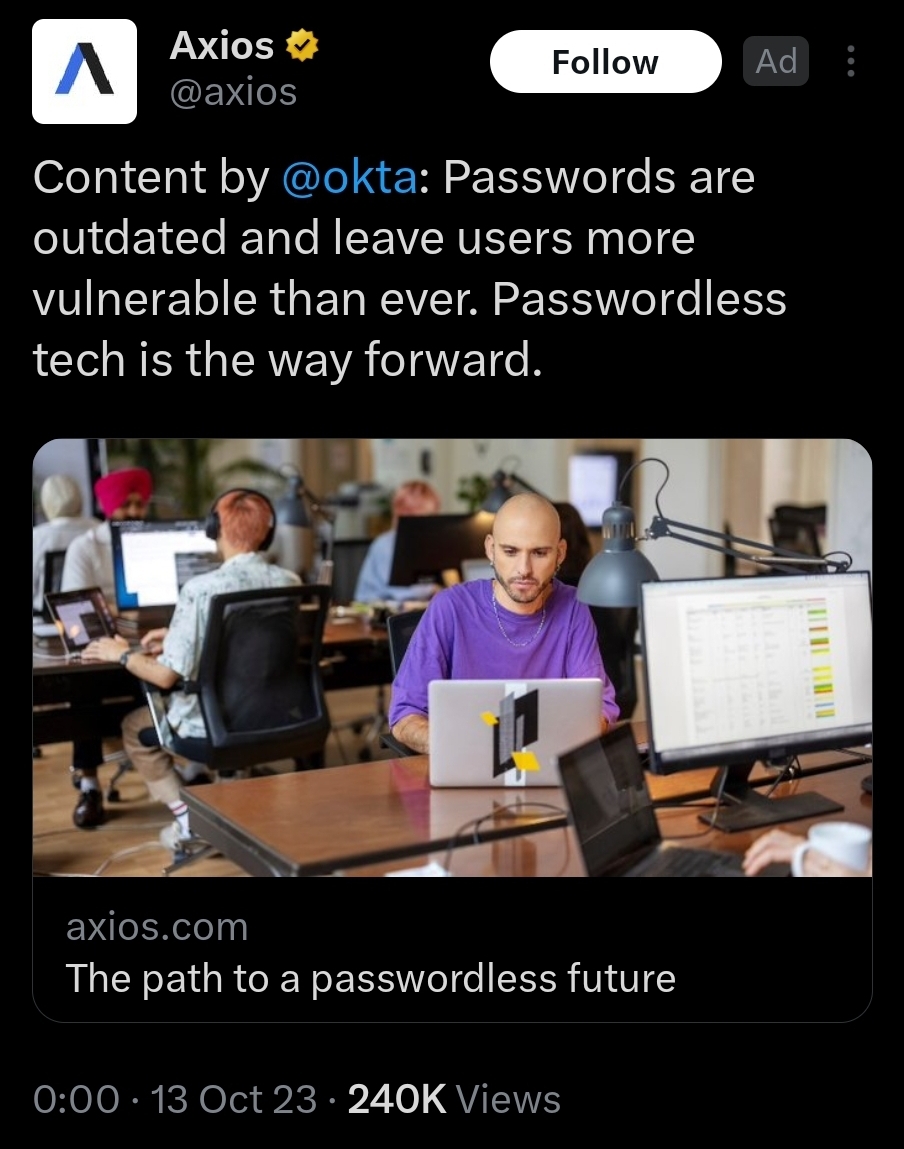the_dunk_tank
It's the dunk tank.
This is where you come to post big-brained hot takes by chuds, libs, or even fellow leftists, and tear them to itty-bitty pieces with precision dunkstrikes.
Rule 1: All posts must include links to the subject matter, and no identifying information should be redacted.
Rule 2: If your source is a reactionary website, please use archive.is instead of linking directly.
Rule 3: No sectarianism.
Rule 4: TERF/SWERFs Not Welcome
Rule 5: No ableism of any kind (that includes stuff like libt*rd)
Rule 6: Do not post fellow hexbears.
Rule 7: Do not individually target other instances' admins or moderators.
Rule 8: The subject of a post cannot be low hanging fruit, that is comments/posts made by a private person that have low amount of upvotes/likes/views. Comments/Posts made on other instances that are accessible from hexbear are an exception to this. Posts that do not meet this requirement can be posted to [email protected]
Rule 9: if you post ironic rage bait im going to make a personal visit to your house to make sure you never make this mistake again
view the rest of the comments

A fundamental problem with passwords is that you either have a "secure" selection of large, distinct, constantly rotating codes that you have to keep track of on paper/in an app (insecure!) or a single memorable code that - once it is cracked - exposes all affiliated systems (insecure!)
There's a serious argument to the effect that a physical id tied to a digitally managed rotating set of large arcane codes is at least as secure as the paper/app-based list of hard codes. The big problem with this technology is that it requires a more complex hardware interface with more attendant IT support. So you're talking about $$$ that people don't want to spend for additional technical security.
Two-factor authentication is cheaper and easier than biometrics. So we've settled on that instead.